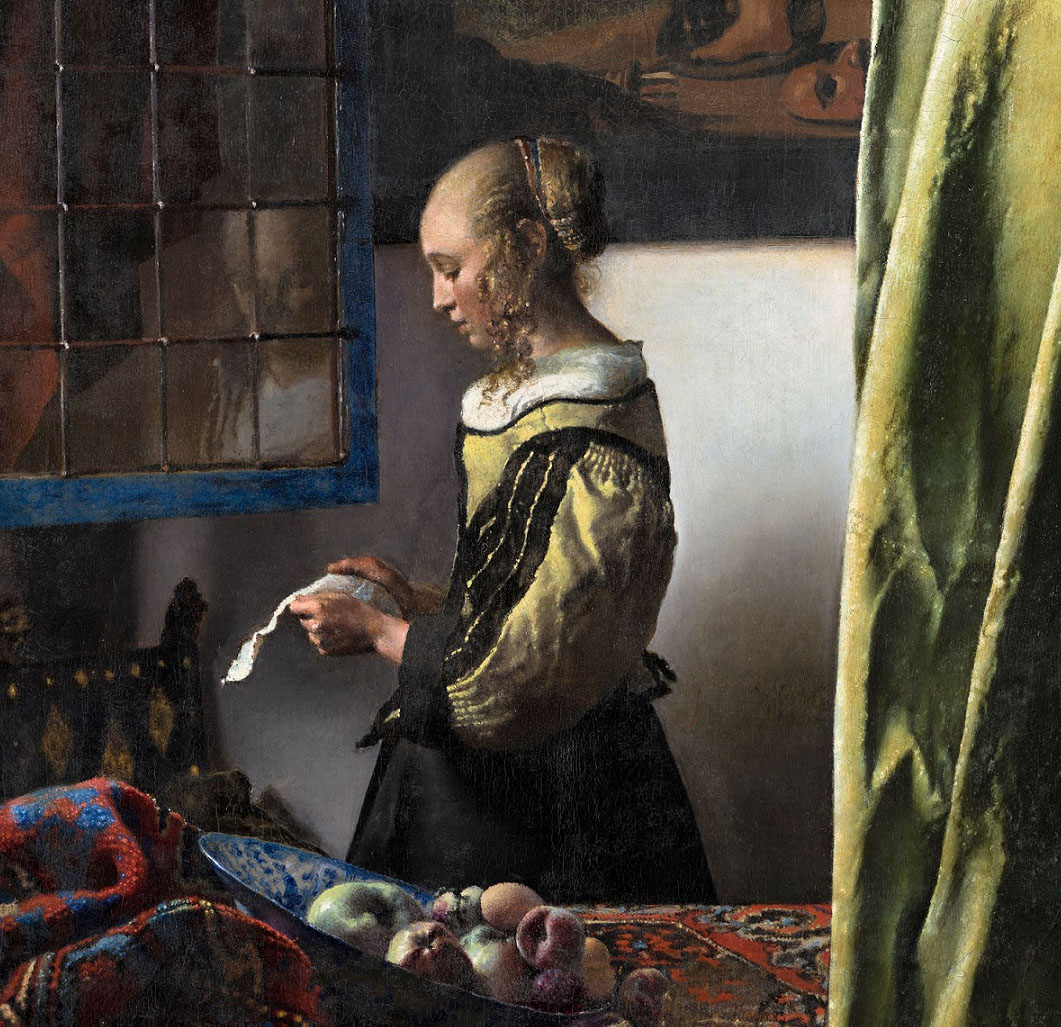RE:OPENING NO. 04 at the GRASSI Museum für Völkerkunde zu Leipzig
27 November 2023RE:OPENING NO. 04 im GRASSI Museum für Völkerkunde zu Leipzig
As part of the Future Program REINVENTING GRASSI.SKD program, the Leipzig Völkerkundemuseum, as an institution of the Staatliche Kunstsammlungen Dresden (Dresden State Art Collections), is gradually transforming itself into a Network Museum. From November 30, 2023, the museum will provide new insights into this process with its RE:OPENING NO. 04.
What do a peace pipe from the prairie, a lady's pistol from the "Wild West", a Mexican construction worker's helmet, a coffee pot from Baghdad, and a bus woven from grass have in common? They are all part of the GDR history of the GRASSI Museums für Völkerkunde zu Leipzig. The new exhibition area focuses on the museum and ethnology before 1990. One focus is on how ethnology in the GDR era broke with its Nazi past under the concept of Friendship of Peoples, made science and art accessible to all classes of the population, and contributed to the blooming of former colonies in Africa and West Asia. Due to the lack of freedom of travel, museums became places of longing, allowing visitors to "experience the world" in a single day. Using the example of "Hobbyism" clubs, this presentation demonstrates the influence of ethnology on private life as well as on niche and popular culture in the GDR.
In a new exhibition area entitled (in)visible, the museum, in collaboration with a number of contributors, offers a new perspective on gender and sexuality in the context of power, social norms, and colonial entanglements. What concepts of gender exist beyond the binary division of woman and man, and how were they displaced by colonialism? Moreover, this part of the exhibition will address how exclusively male perspectives can be disrupted and which stories must be made visible (again). Through different interactive stations and interventions, you will have a variety of opportunities to question and break down alleged barriers. For example, we asked contributors with different backgrounds to select twelve objects from our ethnological collections and to (re)assign them a previously invisible meaning. The resulting new interpretations are personal, associative, lyrical, artistic, or scientific.
We will also be exhibiting the extensive jewelry collection of Dr. Ümit Bir (1929–2014), which has been on permanent loan to the museum since 2004. The design languages and material symbolisms of the jewelry reveal the global entanglements of economies, myths, and beauty. One example is the use of red coral, which originates from the Mediterranean Sea, in jewelry production in countries ranging from Morocco to Japan. The story of this jewelry is told through the red coral's connection to the myth of Medusa.
In cooperation with the Verband binationaler Familien und Partnerschaften, iaf e. V. (Association of Binational Families and Partnerships), we developed an interactive station that playfully opens up new perspectives on external appearances and the attributions associated with them. Together with the Büro für Sinn und Unsinn (Office for Sense and Nonsense), an interdisciplinary team of designers for games and interactions, and adolescents from Leipzig, we created an interactive “Widerstandswand” (“wall of resistance”) depicting historical figures from feminist movements.
In addition, the exhibition area on Benin Bronzes will feature the opening of an intervention with queer-feminist perspectives on the history of the Benin Kingdom that was designed in collaboration with Nigerian curator, poet, and researcher Mary Osaretin Omoregie. To this day, Nigeria is dominated by patriarchal social structures and prejudices against women. As a result, feminist movements are underrepresented in the history books, even though women have made invaluable contributions to the country's cultural and artistic legacy. In seven stories, the biographies of women from the Benin Kingdom take center stage for the very first time. These women defied the norms of a patriarchal society and had a significant impact on the course of history.
The research project "Reverse Collection History. Art and Culture from Cameroon in German Museums" is the current topic featured in our Rapid Response area. In cooperation with the Université de Dschang in Cameroon, the Technische Universität Berlin examined for the first time the presence of objects from Cameroon in German ethnological collections. Part of the project was the analysis of the inventory of the GRASSI Museum für Völkerkunde zu Leipzig, which holds more than 5,000 entries with a connection to Cameroon. This project is therefore an important step in researching the museum's past. The scientific results were presented in Berlin in June 2023. This also resulted in the publication Atlas der Abwesenheit - Kameruns Kulturerbe in Deutschland (Atlas of Absence - Cameroon's Cultural Heritage in Germany). On the occasion of this publication, the museum takes the opportunity to draw attention to this part of its history.
New partial opening
from December 01, 2023
Opening hours
daily 10-18, Mondays closed
Individual guided tours of the exhibition are available on request for reporting purposes. We also cordially invite members of the press to RE:OPENING NO. 04 on Thursday, November 30, 2023, at 6 p.m. Please register to participate via presse(at)skd.museum.
